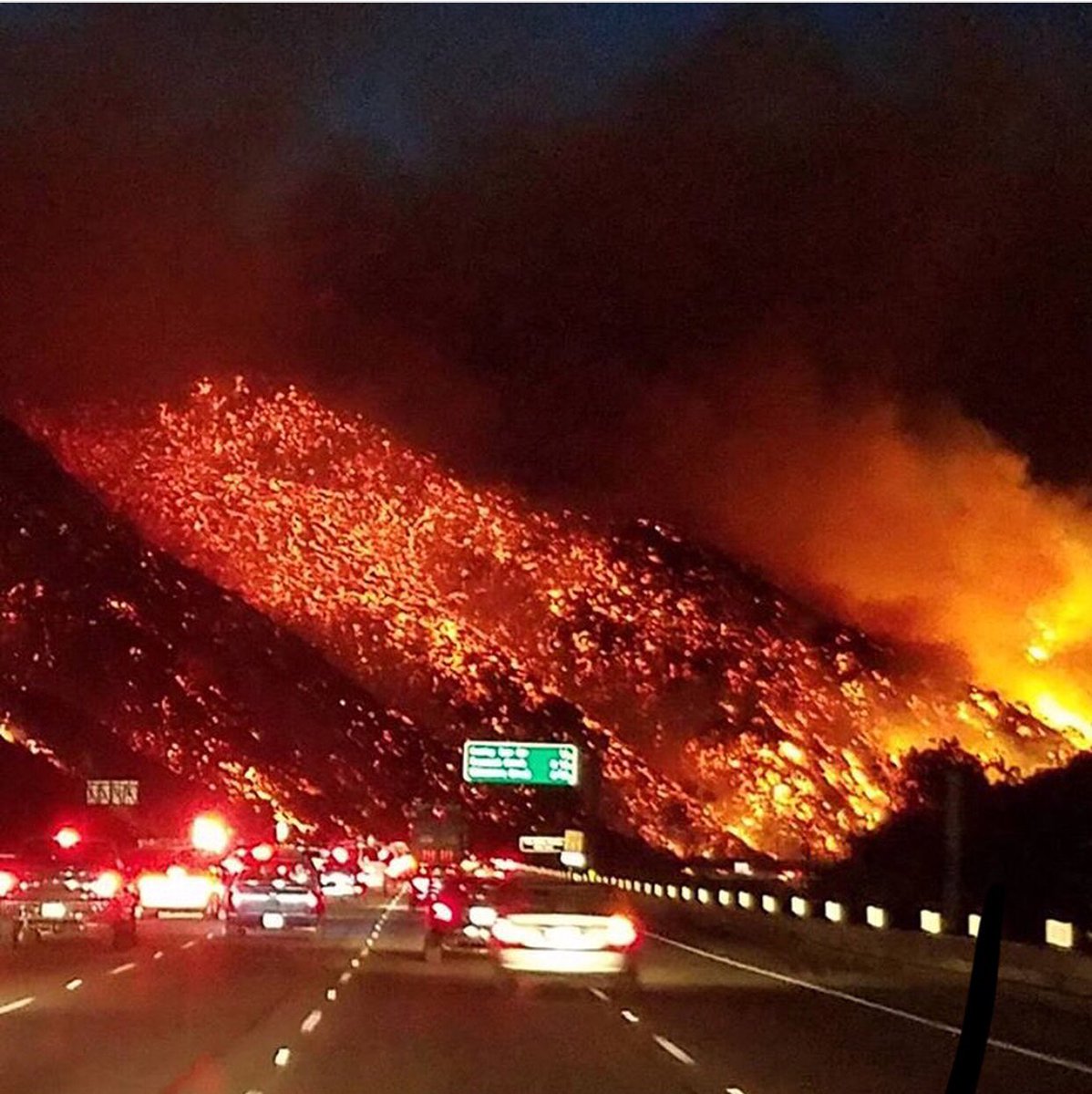The world is too complex to have its problems solved by the removal of one particular line of thinking. That said, I’d love to see the end of this notion that movements for change have to be “civil”. There is nothing civil about the way our system works today, it’s just that people who are well served by that system get to pretend otherwise, because the cops aren’t busting down their doors, and attacking their families. We don’t have a civil society, we have a society that constantly, desperately works to avoid looking at the chaos, violence, and incivility that keep things the way they are. For those who want a better world, civility is only of use when it’s the best tactic to further our goals. It has no inherent value, in the face of hatred, climate change, and the blood-soaked machine of capitalism.

